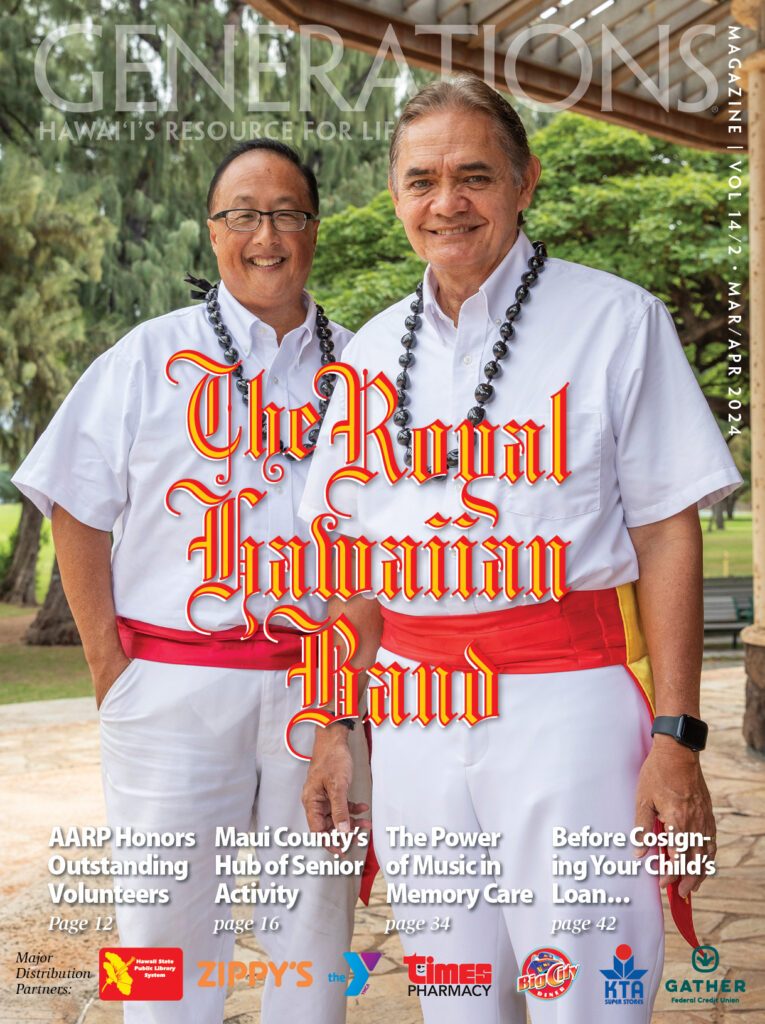 By virtue of buying a condominium, each unit owner becomes a member of an association and agrees to share the costs of operating that association. For example, owners share the cost of community lighting, water and grounds-keeping, usually via a set monthly maintenance fee. Special assessments are extra charges unit owners pay to cover larger or unforeseen expenses. They are becoming more common because many condominium associations in Hawai‘i are comprised of aging buildings and infrastructure. Corroded iron pipes and old elevators are a common cause of special assessments.
By virtue of buying a condominium, each unit owner becomes a member of an association and agrees to share the costs of operating that association. For example, owners share the cost of community lighting, water and grounds-keeping, usually via a set monthly maintenance fee. Special assessments are extra charges unit owners pay to cover larger or unforeseen expenses. They are becoming more common because many condominium associations in Hawai‘i are comprised of aging buildings and infrastructure. Corroded iron pipes and old elevators are a common cause of special assessments.
Association boards have a fiduciary duty to collect funds from owners in order to pay the bills to maintain and make timely repairs to the property and its structures. Boards and associations may incur liability for failing to do so. In addition, the value of the condominium may decrease, and it may become uninsurable.
Sometimes owners are not able to pay these shared expenses and dispute the charges. Failure to remit in a timely fashion can result in penalties, fines, late fees, lien filing fees, attorneys’ fees and costs, liens, and possibly, foreclosure.
 The Hawai‘i State legislature decided that it was important to have clear and effective rules relating to condominium foreclosures and wanted to encourage the use of mediation for penalties and other charges, so it changed both foreclosure and condominium law.
The Hawai‘i State legislature decided that it was important to have clear and effective rules relating to condominium foreclosures and wanted to encourage the use of mediation for penalties and other charges, so it changed both foreclosure and condominium law.
Condo Foreclosure
Under the nonjudicial foreclosure law (chapter 667, Hawai‘i Revised Statutes (HRS)), if the parties have agreed on a payment plan to stop a foreclosure from continuing, unpaid fines assessed by the association are not a default under the plan. (See section 667-94(c), HRS.) As long as the owner is not in default in any other manner under the plan, the association must notify the unit owner in writing of the right to mediation and cannot deduct any fines or attorney fees from the owner’s plan payments. The parties then can attempt to resolve any dispute over fines and attorneys’ fees through mediation within 30 days of the association’s written notice. If, however, the owner refuses to mediate or the parties cannot reach an agreement or the owner defaults under the plan, then the association can start foreclosure proceedings. Different rules allowing for payment plans in judicial foreclosures are set forth under section 667-19, HRS.
Foreclosure Mediation
Under the condominium law (chapter 514B, HRS), any notice of default and intention to foreclose nonjudicially (under section 667-92(a), HRS) must be specifically worded and additionally state that the owner may request mediation by delivering a written request for mediation to the association by certified mail, return receipt requested or hand delivery within 30 days after service of the notice. (See section 514B-146.5, HRS.) If the association does not receive a timely request, it may go ahead with nonjudicial or power of sale foreclosure. If the association receives a timely request, it must agree to mediate and cannot proceed with nonjudicial or power of sale foreclosure until it has participated in mediation or the time for completion has elapsed. The completion of the mediation is time-sensitive (usually 60 days). If the association is using the power of sale provision provided in the condominium law, the power cannot be used in certain situations, for example deployed military outside of the State of Hawai‘i or certain liens based solely on fines, penalties, or legal or late fees. (See section 514B-146.5, HRS.)
Owners should always promptly check with their attorney regarding foreclosure matters and issues.
Outside of foreclosure law, under the condominium law, there is also a “pay first, dispute later” provision to protect the integrity of the condominium and in fairness to other owners that everyone pays their share. This provision, however, applies only to common expense assessments which are expenses assessed to all owners in proportion to their interests. It does not apply to other expenses of the association. (See section 514B-146(f), HRS.)
Any payment by an owner must first be applied to outstanding common expenses. Then the payment can be applied to other association charges in a list of priorities (assessed charges such as utility sub-metering and cable then unpaid late and legal fees, fines and interest — by board policy.) If, however, an owner designates that any payment is meant for a specific charge that is not a common expense, the payment may be applied as directed by the owner — even if the common expense remains unpaid. (See section 514B-105(c), HRS.)
Condominium law allows an owner who disputes the amount of assessment to request a written statement about the assessment from the association. (See section 514B-146, HRS.) If the owner disputes the information in the association’s written statement, the owner may request another written statement which states that the owner has no right to withhold common expense assessments, the owner has a right to demand mediation or arbitration regarding the validity of the common expense assessment (provided it is paid in full and current), payment of the common expense assessment shall not prevent the owner from contesting common expense assessment, and if the owner contests any penalty, fine, late or lien filing fee, or other non-common expense assessment, the owner may demand mediation prior to paying those charges. The owner has 30 days from the date of the written statement to file a demand for mediation on the other charges. If the owner does not do so, the association may proceed with collection of the charges. If the owner requests mediation within 30 days, the association cannot collect any of the disputed other charges until it has participated in mediation which must be completed within 60 days of the owner’s request. Only if the mediation is not completed within 60 days or the parties cannot resolve the dispute by mediation may the association proceed with collection of any amounts due for attorneys’ fees and costs, penalties or fines, late or lien filing fees, or any other charge that are not a common expense of all unit owners.
STATE DEPT. OF COMMERCE & CONSUMER AFFAIRS — REAL ESTATE BRANCH
808-586-2644 | www.hawaii.gov/hirec
This information is for educational and informational purposes only. Owners and associations should consult their attorneys for legal advice and assistance.



I need to make aa correction my previous comment. The special assessment payment in full due date was Sept 2020 not 2021
A special assessment by our HOA to stabilize a hillside in another phase of our community was assessed in September 2021 (full payment due date). It is now nearly a year later and no work has been done to stabize the hill. I personally walked the hill and see no need for stabilization. The HOA in an internalo stated that they overcharged the owners but would be holding onto the extra monies to use for a future as special assessment. This was done by the Bods. Does an HOA have a time line of when special assessment projects need to start and complete a special assessment project and also do they have the right to retain unused monies for future assessments? What about interest they’ve incurred from keeping monies Ina bank acct? Should that be reimbursed to owners?